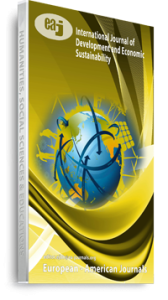Following the dearth of empirical evidence on the response of domestic savings to informality in Nigeria, this study examined the impact of informality on domestic savings in Nigeria for the period 1970 to 2011 as a means of providing evidence based policies that will enhance the growth and development of the Nigerian economy. The study employed time series analysis using the OLS estimation procedure. The estimation results of the long run model indicate that informality hinders the growth of domestic savings, while the degree of financial depth impacts significantly and positively on domestic savings in Nigeria. It was also found that the growth rate of real per capita income impacts positively on domestic savings, even though it is not statistically significant in the long run. Based on these findings, we recommended that policy makers and the government should seek to improve the linkage between the formal and informal sectors in Nigeria as this would have a strong positive impact on domestic savings. Deposit money banks and the monetary authority should evolve policies aimed at reaching the unbanked informal sector agents, especially the rural households and the urban informal production units in order to deepen the financial sector and assist in mobilizing the much needed savings that will engender investment and growth in Nigeria. Also, development policy in Nigeria should focus on increasing the productive base of the economy in order to promote real income per capita growth and reduce unemployment.
Keywords: CBN, Domestic Savings, Informality, Nigeria, Time Series

